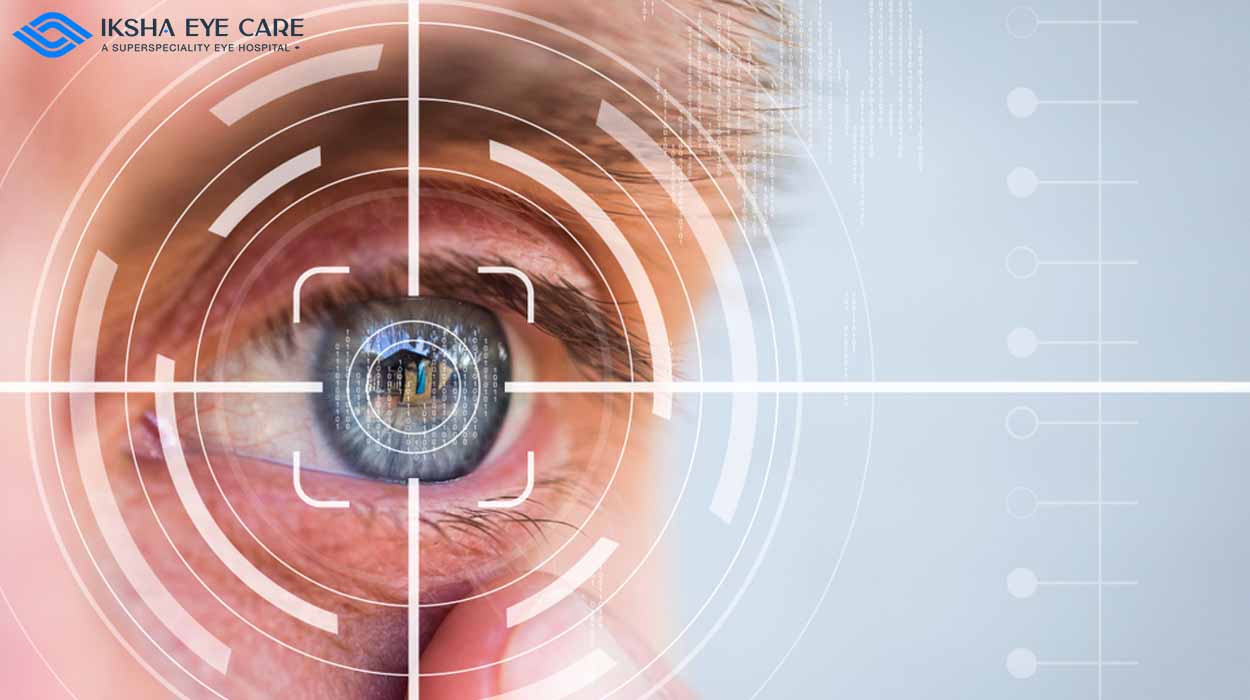Regional Glaucoma Service Near Me: Relied On Experts for Eye Health
Regional Glaucoma Service Near Me: Relied On Experts for Eye Health
Blog Article
Comprehending the Various Eye Issues Dealt With by Specialized Eye Treatment Professionals
In the realm of eye care, specialized professionals play a vital function in diagnosing and treating a large array of eye problems. As we embark on this exploration of the numerous eye problems resolved by specialized eye treatment professionals, it ends up being obvious that the complex web of ocular wellness holds a myriad of remarkable understandings waiting to be uncovered.
Usual Refractive Errors
Refractive errors prevail visual conditions caused by a flaw in the eye's capability to appropriately focus light, leading to blurred vision. The most prevalent sorts of refractive mistakes include myopia (nearsightedness), hyperopia (farsightedness), astigmatism, and presbyopia. Nearsightedness occurs when the eyeball is also lengthy or the cornea is too curved, creating distant things to appear blurred. Hyperopia, on the other hand, takes place when the eyeball is too brief or the cornea is also flat, resulting in close-by objects running out focus. Astigmatism is defined by an irregularly shaped cornea, leading to altered or obscured vision at all distances. Presbyopia is an age-related condition where the lens sheds its versatility, making it tough to concentrate on close things.
These refractive mistakes can be corrected through numerous techniques, consisting of eyeglasses, call lenses, or refractive surgery. Eye treatment professionals play a vital role in diagnosing and taking care of refractive mistakes to assist individuals attain clearer vision and enhance their top quality of life.
Age-Related Eye Problems
As people age, their eyes may be at risk to a variety of problems past refractive errors that can affect their vision and general eye wellness. Age-related eye conditions prevail and can substantially impact the lifestyle for older adults. One of one of the most common age-related eye conditions is age-related macular degeneration (AMD), an illness that causes central vision loss and can make tasks like reading and driving challenging. refractive surgeries in al. Cataracts, one more common condition amongst older individuals, trigger clouding of the eye's all-natural lens, resulting in blurred vision. Glaucoma, identified by damage to the optic nerve, is also more common with age and can lead to field of vision loss or blindness if left untreated. In addition, presbyopia, a problem where the eye's lens sheds adaptability, is a natural component of aging and causes difficulty focusing on close objects. Normal eye tests with specialized eye treatment specialists are important for very early discovery and management of try this out these age-related eye problems to protect vision and maintain eye health and wellness as individuals age.
Vision-Threatening Illness
Vision-threatening diseases encompass an array of significant ocular conditions that have the possible to dramatically impact a person's sight and overall visual feature. These diseases present a risk of permanent vision loss if not without delay diagnosed and dealt with by specialized eye care experts. Some common vision-threatening diseases include glaucoma, diabetic person retinopathy, age-related macular degeneration (AMD), and retinal detachment.
Glaucoma is a team of eye conditions that harm the optic nerve, commonly due to high intraocular pressure, leading to outer vision loss and prospective blindness if left neglected. AMD is a dynamic problem impacting the macula, leading to central vision loss.
Very early detection, routine eye tests, and timely treatment are essential in handling vision-threatening conditions to preserve sight and maintain lifestyle. Specialized eye care professionals play an essential role in diagnosing, treating, and managing these problems to stop irreversible vision loss.

Corneal Disorders
Corneal problems include a range of conditions that influence the transparent front component of the eye, known as the cornea. Treatment for corneal conditions varies depending on the certain problem but might include medicines, contact lenses, or in severe instances, corneal transplants. Regular eye examinations are crucial for very early discovery and administration of corneal problems to preserve vision and eye health and wellness.
Neurological Eye Problems
Neurological eye problems involve disorders that impact the link between the eyes and the mind, affecting aesthetic processing and general eye function. These conditions can manifest in different methods, influencing vision, eye movements, and also the coordination between the eyes. One typical neurological eye condition is optic neuritis, characterized by swelling of the optic nerve leading to vision loss, color desaturation, and pain with eye movement.
One more substantial problem is nystagmus, where the eyes make recurring, uncontrolled activities, impacting visual acuity and depth understanding. In addition, conditions like amblyopia, typically referred to as "careless eye," result from his response unusual aesthetic advancement in very early childhood, bring about reduced vision in one eye.
Neurological eye conditions need specific treatment from company website experts like neuro-ophthalmologists who have competence in both neurology and ophthalmology. Medical diagnosis frequently involves a detailed eye exam, imaging research studies, and partnership with specialists to resolve the underlying neurological concerns affecting the visual system. Treatment techniques can include drug, vision treatment, or in serious situations, medical interventions to take care of these complex problems successfully.

Conclusion
Finally, specialized eye care specialists treat a variety of eye problems, including typical refractive errors, age-related eye conditions, vision-threatening illness, corneal conditions, and neurological eye conditions - refractive surgeries in al. By understanding these numerous problems and seeking proper therapy from eye care experts, individuals can maintain optimal eye health and vision. It is very important to prioritize routine eye exams and follow advised therapy plans to preserve and shield one's vision for the future
Report this page